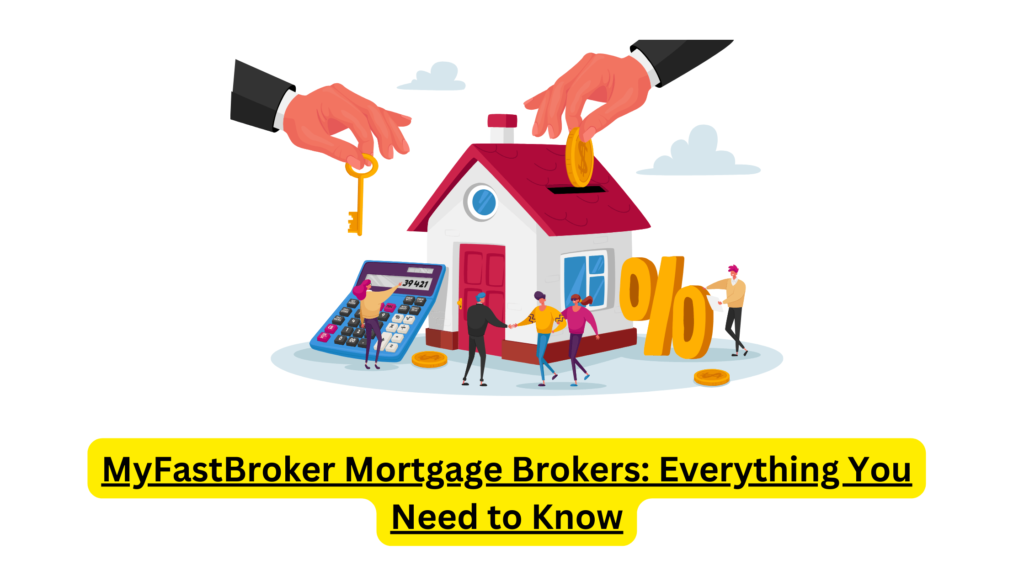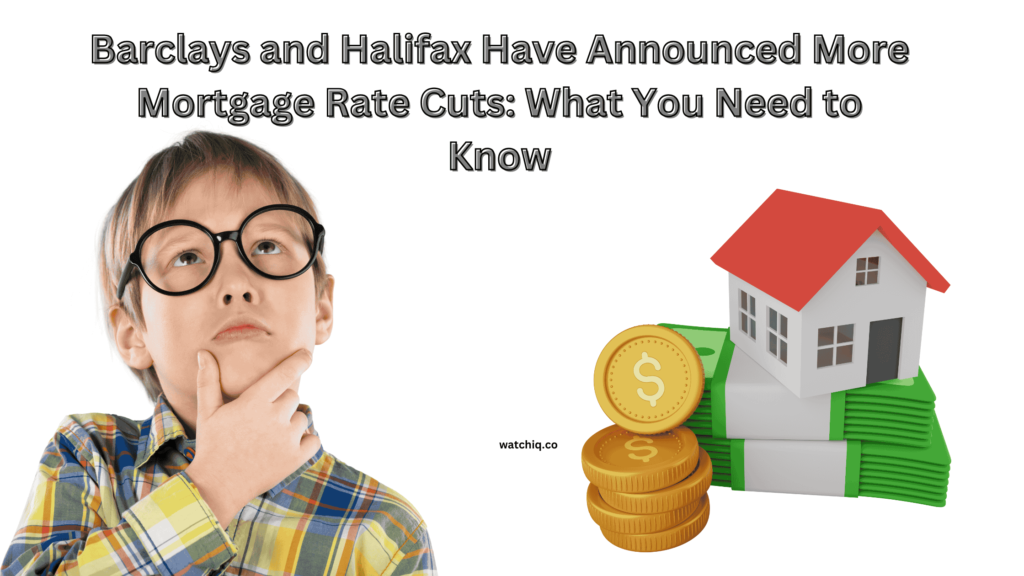mortgage loan society mortgage
mortgage loan society mortgage: Buying a home is a significant financial decision, and for most people, it’s not something they can do without some assistance. This is where mortgage loans come into play. A mortgage loan is a type of loan specifically used to purchase a property, and it’s one of the most common forms of borrowing today.
When you take out a mortgage loan, the house acts as collateral, meaning if you fail to make your payments, the lender has the right to repossess your home. Mortgages are typically long-term loans, often lasting 15 to 30 years, and they allow you to make monthly payments over time rather than paying for your home upfront.
But how do mortgage loans work? And what should you know before you apply for one? Let’s dive deeper into the details.
How Mortgage Loans Work

At its core, a mortgage loan allows you to borrow money from a lender to purchase a home. In return, you agree to repay the loan monthly over a set time. These payments usually consist of principal (the amount you borrowed) and interest (the cost).
Your home acts as collateral for the loan, meaning the lender can seize your property if you default. However, as long as you make your payments, you retain ownership and continue building equity in the home.
One crucial part of the mortgage loan process is the down payment. This is the money you pay upfront towards the cost of the home, typically ranging from 3% to 20% of the home’s purchase price. The larger your down payment, the smaller your loan and monthly payments will be.
Types of Mortgage Loans

When it comes to choosing a mortgage loan, several types are available, each with advantages and disadvantages.
- Fixed-Rate Mortgages – These loans have an interest rate that stays the same throughout the loan’s life. This provides consistent monthly payments, making it a popular choice for long-term homeowners.
- Adjustable-Rate Mortgages (ARMs) – ARMs start with a fixed interest rate for a short period (usually 5 or 7 years), and after that, the rate adjusts periodically based on market conditions. These loans offer lower initial rates but come with the risk of increased payments in the future.
- FHA Loans – These are government-backed loans designed for first-time buyers or those with lower credit scores. They require lower down payments but may come with higher insurance premiums.
- VA Loans – Available to veterans and active military personnel, VA loans often don’t require a down payment and offer competitive rates.
- Jumbo Loans – These loans exceed the conforming loan limits set by government-backed lenders. They are used for purchasing high-value homes and usually come with stricter requirements.
Fixed-Rate vs. Adjustable-Rate Mortgages

Choosing between a fixed-rate mortgage and an adjustable-rate mortgage depends largely on your financial situation and long-term plans.
- Fixed-Rate Mortgages: The main benefit is consistency. Your interest rate won’t change, which means your payments remain the same throughout the loan term. This makes budgeting easier, but you may end up with a higher interest rate than an ARM at the start.
- Adjustable-Rate Mortgages: These offer lower initial rates, which can be appealing if you plan to move or refinance before the rate adjusts. However, there’s a risk that rates will increase, leading to higher monthly payments down the line.
Eligibility Criteria for a Mortgage Loan
Lenders look at several factors when determining whether you qualify for a mortgage loan:
- Credit Score: A higher credit score will typically get you better loan terms and interest rates. Most lenders look for a score of 620 or higher for conventional loans.
- Income and Employment: Lenders want to ensure that you have a stable income to make your monthly payments. Proof of consistent employment is often required.
- Debt-to-Income Ratio (DTI): This is the percentage of your income that goes towards paying debts. Most lenders prefer a DTI below 43%, although some loan types may allow for higher ratios.
Steps in the Mortgage Loan Process
The mortgage loan process involves several key steps, including:
- Pre-approval vs. Pre-qualification: Getting pre-approved gives you a clearer picture of how much you can borrow, making you a stronger buyer.
- Finding a Lender: It’s essential to shop around and compare rates from different lenders to ensure you get the best deal.
- Underwriting: This is the process where the lender verifies your financial information and assesses the risk of lending you money.
The Importance of the Down Payment
A down payment is the money you pay upfront when buying a home. The size of your down payment can affect the size of your mortgage, your interest rate, and whether you’ll need mortgage insurance. While some loans require as little as 3% down, putting 20% or more can save you money in the long run by avoiding private mortgage insurance (PMI) and securing better loan terms.
Understanding Mortgage Interest Rates
Mortgage interest rates play a significant role in determining your monthly payments. Rates can be influenced by various factors, including:
- Market conditions: Mortgage rates fluctuate based on the economy.
- Credit score: Higher scores usually result in lower rates.
- Loan type: Fixed-rate and adjustable-rate loans often have different rates.
To secure the best rate, maintain a good credit score, make a sizable down payment, and compare offers from multiple lenders.
How to Choose the Right Mortgage Loan
When deciding on a mortgage loan, consider factors like:
- Your financial stability
- Your plans (e.g., how long you plan to stay in the home)
- The current interest rate environment
Fixed-rate mortgages are typically better for those who plan to stay in a home long-term, while ARMs may be a good choice for buyers looking for lower initial payments.
Pros of Getting a Mortgage Loan
- Building Equity: Over time, as you make payments, you build equity in your home.
- Tax Benefits: Mortgage interest can be tax-deductible, providing potential savings.
- Long-term Stability: With a fixed-rate mortgage, you’ll have predictable payments for the life of the loan.
Cons of Getting a Mortgage Loan
- Long-term Debt: Mortgages are a long-term financial commitment, often spanning 15-30 years.
- Interest Costs: You end up paying a significant amount in interest over the life of the loan.
- Risk of Foreclosure: If you can’t make your payments, you risk losing your home.
Common Mistakes to Avoid When Applying for a Mortgage

- Overborrowing: Just because you qualify for a certain loan amount doesn’t mean you should borrow that much.
- Not Shopping Around: Different lenders offer different rates, so it’s essential to compare.
Refinancing Your Mortgage
Refinancing involves taking out a new loan to replace your existing mortgage, usually to secure a lower interest rate or change the loan term. This can be a smart financial move if rates have dropped since you initially took out your loan.
Mortgage Loan Terminology: Key Terms to Know
- Principal: The amount of money you borrow.
- Escrow: A third-party account used to hold funds like property taxes and insurance.
- Amortization: The process of paying off your loan over time through regular payments.
read also : Barclays and Halifax Have Announced More Mortgage Rate Cuts: What You Need to Know
Conclusion
Mortgage loans can be complicated, but understanding the process can make buying a home less intimidating. By knowing your loan options, the pros and cons, and the steps involved, you’ll be better prepared to make informed decisions about your mortgage.
FAQs
What credit score do I need for a mortgage loan?
Most lenders look for a credit score of at least 620 for conventional loans, though some government-backed loans like FHA may allow for lower scores.
Can I get a mortgage without a down payment?
Yes, certain loans like VA and USDA loans offer zero down payment options, but these are only available to eligible borrowers.
How long does it take to get a mortgage approved?
On average, it takes 30-45 days to get a mortgage approved, though it can be shorter or longer depending on the lender and your financial situation.
Is a 30-year mortgage better than a 15-year mortgage?
A 30-year mortgage offers lower monthly payments, while a 15-year mortgage has higher payments but allows you to pay off your loan faster and pay less interest overall.
What happens if I can’t make my mortgage payments?
If you miss payments, your lender may eventually foreclose on your home, meaning they will take ownership and sell it to recoup their losses.



